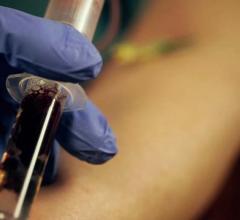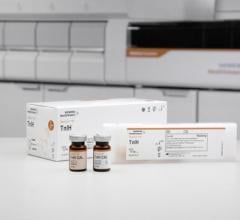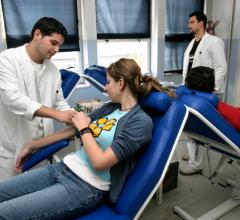March 24, 2010 — Several genes are associated with heart disease, stroke, and high blood pressure, and can determine whether people may have predisposition to these conditions, according to genetics research.
In 2009, in one of the largest studies of its kind, researchers associated with the Myocardial Infarction Genetics Consortium uncovered nine genetic variants or mutations associated with the risk of early heart attack; including three that had not been previously identified.(1)
Research also shows that genes play a major role in determining how patients might react to medications that are commonly used to treat heart-related conditions.
For example, it’s been found that approximately 30 percent of the nearly 5 million patients taking Plavix do not metabolize the medication correctly because of genetic variations in their liver enzymes — putting them at about a 50 percent higher risk of heart attack or other cardiac issues, such as stroke.
People with the variant in the CYP2C19 gene (an occurrence found in about 30 percent of Caucasians and African-Americans, 20 percent of Hispanics, and up to 60 percent of Asians) had an approximate 32.4 percent reduction in effective plasma concentrations of Plavix and, as a result, were 3.6 times more likely to suffer heart attacks or other cardiac issues while taking the medication.
Studies on heart patients consistently have shown that poor metabolizers of Plavix might as well be taking a sugar pill than the standard Plavix dose, because their risk of heart attack and stroke is much higher than that of other Plavix users. However, most users don't know they are at risk, because they haven't been tested for the presence of the genetic variants causing decreased metabolism of Plavix.(2)
Genetic testing and reporting makes it easy for patients to discover any predispositions for diseases, including heart disease, and prescription medicine responses.
For more information: www.PATHWAY.com., blog.Pathway.com
References
1. Source: 2009 Study by the Myocardial Infarction Genetics Consortium, www.medpagetoday.com/CriticalCare/MyocardialInfarction/12970
2. Rubin, Rita, “Genetic testing may yield personalized health treatments” USA TODAY, a division of Gannett Co., Inc. Feb. 24, 2010.


 October 09, 2019
October 09, 2019 









